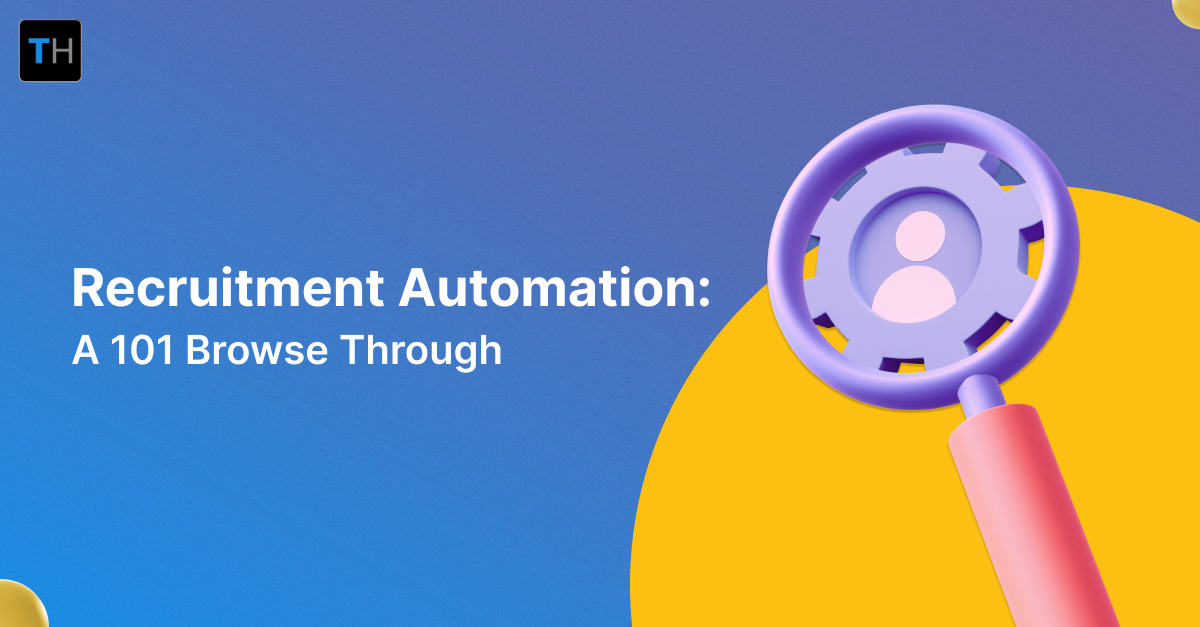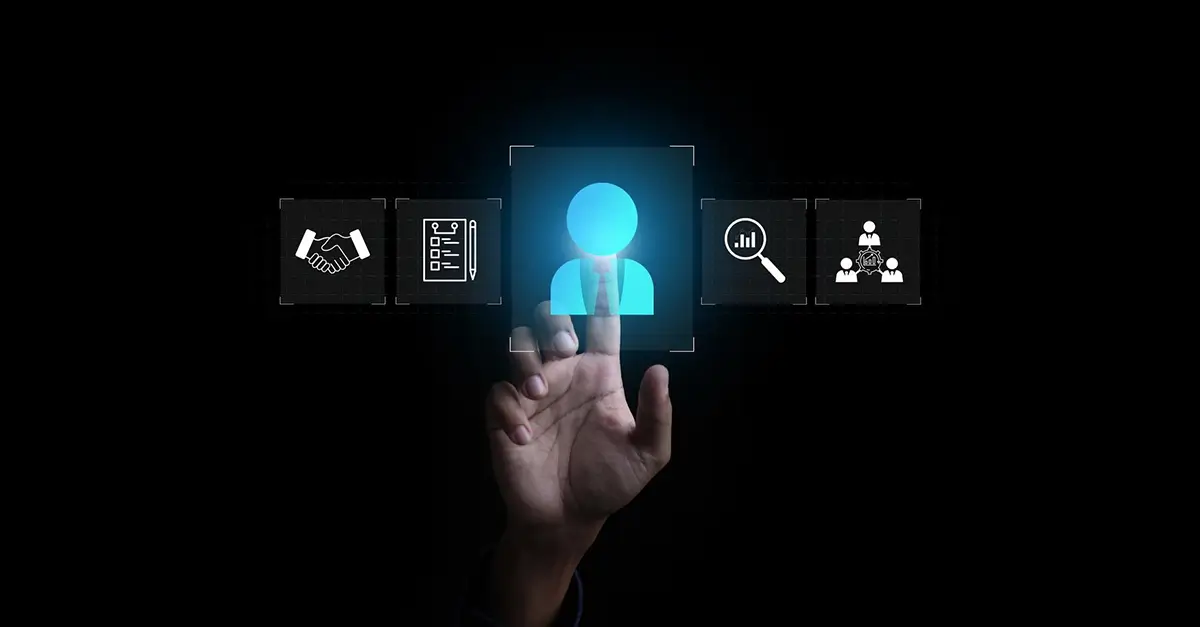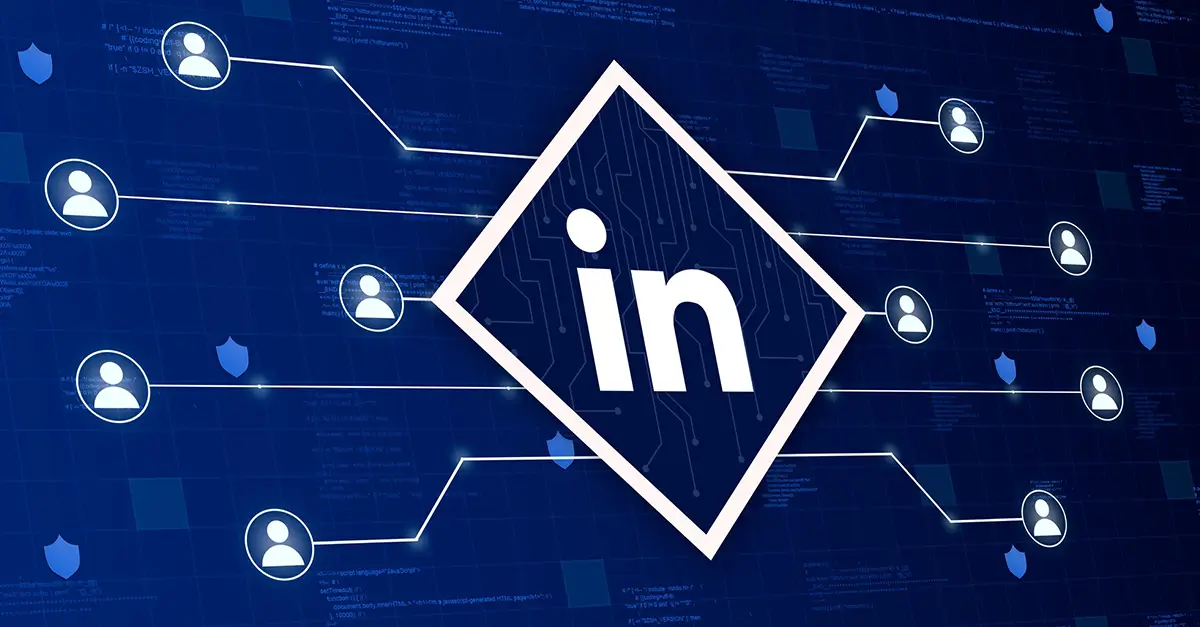Remote hiring is changing how the worldwide workspace works. In a pattern that is giving no indications of easing back, far off work is quickly on the expansion all around the globe. An ever-increasing number of workers are working in distant positions, either full-time or a few days of the week, with a huge level of the workforce looking towards securing position openings with adaptable timetables. Organizations are likewise grasping these developing trends, progressively utilizing adaptable work choices as an approach to allure new employees.
Mark Zuckerberg at Facebook declared his arrangements to permit some of their employees to work remotely forever and started forcefully selecting ability in far-off areas. He extends that 50% of their workers will be distant in the following 5-10 years.
“I think we’re going to be the most forward-leaning company on remote work, at our scale for sure,” Zuckerberg said. Facebook finished the main quarter of 2020 with in excess of 48,000 all-day employees. Zuckerberg repeated on the call that Facebook intends to hire at any rate 10,000 additional staff members in the item and designing parts in 2020.
According to new research, 80% of employees would turn down a company that did not allow remote hiring. An astounding 74% of employees in a yearly review accept that remote working has almost become the new normal.
Furthermore, research shared by Remote Work Report stated that:
- 42% of people who are 100% remote said they have been working remotely for more than 5 years.
- 28% said they have been working remotely for 3 to 5 years.
- 19% said they have been working remotely for 1 to 2 years.
- And 11% said they had been working remotely for less than a year.
Here are a few major reasons why remote hiring has been trending recently.
3 Emerging Trends InRemote Hiring
1. Remote Work Attracts And Recruits Talent
A vast majority of employees state they would turn down an occupation that didn’t offer remote working, and it’s so imperative to them that in excess of a third state they would organize such courses of action over having a more lofty job. In this year’s Crain’s Future of Work survey, 78% of the respondents cited flexible schedules and telecommuting as the most effective non-monetary ways to retain employees, up from 67% last year.
2. Remote Hiring Works Well For The Recruiters As Well As The Employees
According to statistics based on remote work insights, 85% of organizations affirm that efficiency has expanded in their organization as a result of more prominent adaptability. 90% of employees say allowing for more flexible work arrangements and schedules will increase employee morale. 67% of employees say they would consider leaving their job if their work arrangements became less flexible. 77% of employees say allowing employees to work remotely may lead to lower operating costs.
3. Remote Hiring Has Made Employees More Productive
FlexJobs’ yearly study found that 65% of employees are more profitable in their home office than at a customary work environment. Fewer interruptions and interferences, less worry from no drive, negligible workplace issues, and a customized, calm condition are altogether supporters of a more gainful telecommuter.
In another study by Zenefits, 47% said they unequivocally concur that adaptable work courses of action “would or do permit me to be more gainful” and 31% said they to some degree concur. 73% of employees said flexible work arrangements increased their satisfaction at work.
How Is Artificial Intelligence (AI) Leveraged For Remote Hiring?
As the quantity of individuals working distantly is on the ascent, AI-based recruitment platforms have made hiring employees who desire to work remotely simple for companies by utilizing its enlistment stage to quicken their onboarding cycle.
The most developed AI-based recruitment platforms get and give data utilizing tools and software for example, overviews to give unbiased, occasional performance surveys and convey exact reports that feature the qualities and zones of the progress of the applicant, all while evaluating if remote working is powerfully dependent upon the situation. This is something that is extremely difficult to imitate with an analysis directed by people, particularly for organizations that have an enormous number of representatives working from distant areas.
Numerous HR experts and recruiting administrators discover it tedious to source qualified applicants. Not exclusively is hiring and employing the customary way dull, yet it tends to be simple for experienced candidates to be neglected relying upon application volume. At the point when organizations use AI as a fundamental aspect of the employing cycle, they can distinguish the top candidates without going through thousands of applicant profiles.
For organizations hoping to grow their workforces, remote hiring alternatives might be simpler to fill. Work from home positions eliminate deterrents like areas and altogether diminish overhead costs, implying that organizations can get to the top representatives without depending on their location. The cost investment funds can either be passed on as payor reinvested back into the organization once more.
Pairing AI innovation with the aspect of remote hiring assists organizations with screening for experienced applicants. Furthermore, organizations will be more productive and add notoriety for being groundbreaking and future-thinking.
How Is Artificial Intelligence (AI) Helping Recruiters With Remote Hiring?
- For HR experts, going through each and every employment form is the most tedious aspect of the screening cycle. In any case, the use of Artificial Intelligence can accelerate the entire cycle. For example, Hilton Worldwide, GE, and IBM are among the expanding number of organizations utilizing this innovation to screen, test, and recruit new candidates. These organizations filter applicants, online media posts, work tests, and examine their applications utilizing AI innovation.
- After a certain number of applications are shortlisted using AI applications or softwares, the candidates have to go through a certain number of online rounds to complete the interview process. Tech monsters such as Facebook, Amazon, and Google are among the worldwide firms to report a move towards online prospective employee’s job interviews in recent times. The utilization of video conferencing applications like Slack, Zoom, and WeChat have expanded just about multiple times since the start of the year.
- “Where AI really started to help was an organization saying, ‘OK, this is not working. We can’t have our recruiters just sitting on one Zoom call after another, after another, after another, all day long.’ It’s not a productive use of time.” – Greg Moran, CEO at OutMatch.
- With HR groups particularly tied for time and assets as of late, they have inclined vigorously on technological and smart innovation, for example, AI. To meet this demand, for example, we at TurboHire have our Talent Acquisition Suite, with advancements on our AI-powered features. This means improving effectiveness, conveying more qualified applicants and lessening cost per competitor by as much as 72% and increasing the quality of hiring by 60%.
Deepak Agrawal, CEO at TurboHire, On The State Of Remote Hiring During A Pandemic
Covid-19 has changed corporate thinking about Remote Work, Work from Home, Productivity, and Talent Availability in one big sweep. Today Work from Home (WFH) or Remote Work at a distance won’t surprise anybody. However, such a shift in the job market implies some changes in HR workflow. Let’s take a look at the differences in hiring Remote Workers or workers who expected to work predominantly from Home.
State Of Remote Work 2020-2021
The learnings from 2020 have been revealing. So much so that many companies especially those who are in technology, have decided to have everyone in the company work from home. This thought has naturally cascaded into hiring for the right talent anywhere, aka Remote hiring. Freelancer portals have also assisted in understanding that If you have to find workers for short-term projects, it’s better to hire remotely. Otherwise, when the project is over, you’ll have to fire that person, which may affect the company’s reputation.
Another benefit is that Remote employees are more independent. They demand less supervision, and as a result, the company hires fewer managers to control workers and saves money. However, Hiring Remote Workers or Employees who will work form can have several pitfalls if the entire hiring activity is not thought or well-executed.
1. Job Descriptions For Remote Work
The job descriptions for remote work can not be the same as those for in-house employees. It has to be as precise as possible while writing a job description. Beyond eligibility and required skills, you have to explain more things concretely including communication requirements, updating tasks, availability, and others or you will find the hired person completing the task in the wrong way. Not defining these is when the independence of a remote worker can backfire on you. Put your ideas clearly to spell your expectations and avoid misunderstandings.
When a candidate amenable for remote works sees a detailed and concrete description of the work, expectations, and time commitments required, he/she is more likely to answer you.
2. Soft Skills In Talent Discovery
The in-house jobs did not require too much stress on Soft-skills, as HRs and leadership believed that person will imbibe them while being on the premise through osmosis. One of the mistakes HRs make while looking for a remote worker is that they do not even try to imagine what “type of person” they need to hire for remote work, and actually what are the main features of a person who are able to work efficiently at a distance.
You must give critical thought to soft skills. The first common mistake is to look for an independent team player, which by the way is an oxymoron.
What you really need is a person with the following set of skills:
- Self-motivated – as remote workers do not receive much or only sporadic support from managers and peers.
- Written communicator – good written communication is a must because they will mainly chat with messengers or send written planning documents and send in status reports.
- Reliable – A thorough background and referral checks are a must. If a person doesn’t feel reliable and trustworthy, how can you entrust business matters to him/her?
3. Interviewing Methods In Remote Hiring Today
The fact that you’re looking for people to work remotely doesn’t remove the necessity to interview a candidate. While video conference technology allows you to do so, before that, there are additional requirements to check the overall communication profile of a candidate – email and phone interview. Email interview may seem weird at first sight, but it has a few advantages. You can test this communication channel, how fast your future employees react to messages, and if they can answer the questions coherently in a written form.
Phone calls are a good way if you want to test a candidate’s ability to listen, comprehend, and answer logically, and showcase verbal communication. Subsequently, a video interview can help you understand emotions, presentability, cultural compatibility, etc.
4. Asking The Right Interview Questions In Remote Hiring
During the interviews, the number and type of questions you ask are approximately the same, but they are different in content. Questions to remote workers are aimed at understanding how self-motivated they are, what is their main motivation, and how independent they are. You have to switch on your inner psychologist to feel the subtle difference between the intent to work at home and the intent (escaping from work) to stay at home.
The chance of a missed deadline among remote workers is higher, therefore It’s important for you to understand their organizational and planning skills. Enquire about the work environment where they are the most productive, what planning approaches they would advise to cope with the tasks.
5. Bonuses And Perks Of Remote Work
Despite working from home or remote, these people are still your workers. If they perform well, they deserve bonuses. To headhunt the needed specialist, you need to offer perks too. Their “cookies” need to be different from what you are used to offer, but they definitely won’t refuse paid days off and vacation credit. Learn the interests of your candidates to personalize their perks as much as possible. It’ll be a win-win deal for both sides – the more you care about your worker, the bigger is the chance to hire a loyal remote worker.
6. Working From Different Time Zones & Demography
Depending on the position you’re hiring for timezone can be both advantage and drawback, some HR managers may completely miss this point when they need to hire a remote worker for the first time. So, don’t forget to ask your potential candidates were and what timezone do they live, and even if they are in the same time zone, what is their preferred work schedule.
This aspect of Remote work also pushes HR and line managers to remove the notion of “work-hours” and bring in the paradigm of “desired-output”. You have to get better at defining expected output and timelines better, otherwise more than the remote worker, you will frustrate yourself on what’s going wrong.
Conclusion
To keep on improving progress frameworks, people must keep on building up their aptitudes and give data when important to hold AI systems under wraps. Remembering its constraints, artificial intelligence is foreseen to move the idea of remote work higher than ever over the next few years keeping in mind the current situation in the world.
In the recruitment innovation scene, AI has been fortifying its situation for a couple of years at this point. The ongoing past as of now gave us that, in some structure, AI is turning into an unquestionable requirement to have in any company’s hiring department because of its numerous benefits. Advancements in AI for hiring presently empower scouts to computerize their sourcing cycle and expand their span simultaneously; certain arrangements can break down in excess of 300 million applicant profiles, something that even a little multitude of people wouldn’t have the option to do.
Employing applicants who opt to work remotely accompanies its own difficulties, particularly if the whole enlistment measure needs to happen distantly as well. Fortunately, there’s an entire cluster of AI-based hiring applications, specialists can use to assist them with employing remote workers. The utilization of a pre-business evaluation instrument, for instance, can be valuable to survey an applicant’s character, abilities, talents, and if he/she is fit for the organization.
When your applicants arrive in the in-person talk stage, they however can’t make the meetings face to face since they are – surely – based somewhere else, a video meeting is a decent other option.
Thus, on the off chance that you haven’t done as such yet, this pristine year may be a decent and ideal opportunity to begin investigating the different diverse AI alternatives that could enable you to enhance (portions of) your enlistment cycle.
Regardless – and in spite of some grievous situations where AI had an undesired impact – the AI train keeps on running at the max throttle and it doesn’t sit tight for anybody.
















































